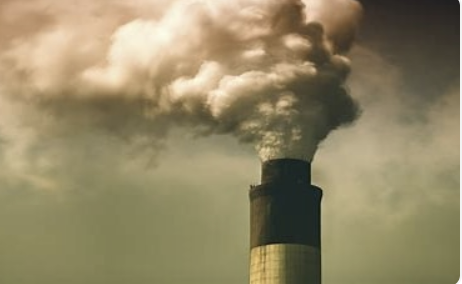Several scientists are referring to an unreviewed short Swiss paper to support the idea that Long Covid in children is minimal. medrxiv.org/content/10.110… (1)
The authors correctly point out "limitations include the relatively small number of seropositive children, possible misclassification of some false seropositive children, potential recall bias, parental report of child’s symptoms, and lack of information on symptom severity" (2)
The paper reports on just 109 children picked up as seropositive compared with 1246 negatives. No conclusions can be drawn because of classic type 2 error: failure to reject a false null hypothesis because of an underpowered study. (3) 

In other words, the study is far too small to make any judgment about small percentage levels of Long Covid accurately. (4)
Indeed, if we took their estimate of 3 or more symptoms at 4 weeks in positive children at 7% compared with 2% in negatives, we might (incorrectly) conclude that if 60% of 4.2 million children 12-17 become infected, 120,000 or more could have prolonged symptoms. (5)
But the study cannot say anything about Long Covid in children because it isn't powered to do so. (5) @apsmunro @SMHopkins @JeremyFarrar @adamhfinn @chrischirp @martinmckee @GabrielScally @Kit_Yates_Maths @Zubhaque @BBCHughPym @ProfCalumSemple
• • •
Missing some Tweet in this thread? You can try to
force a refresh



















